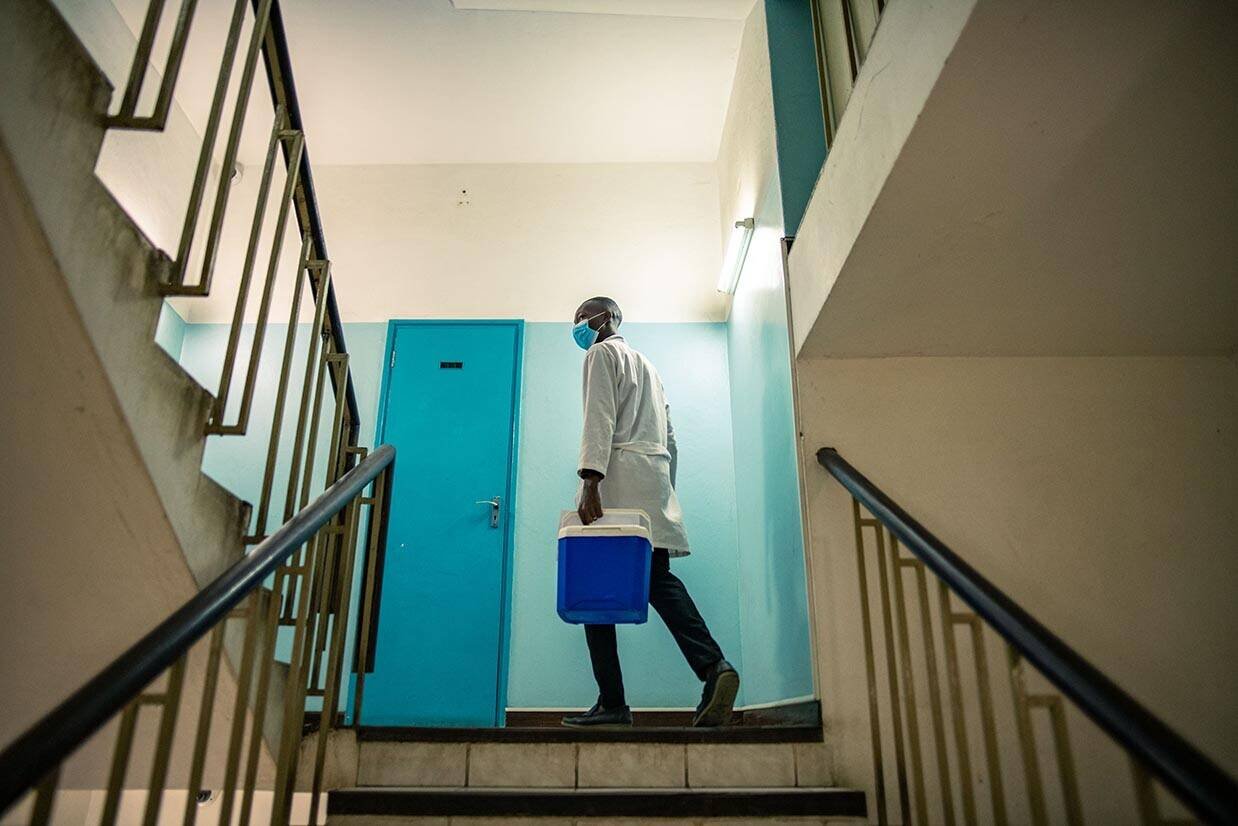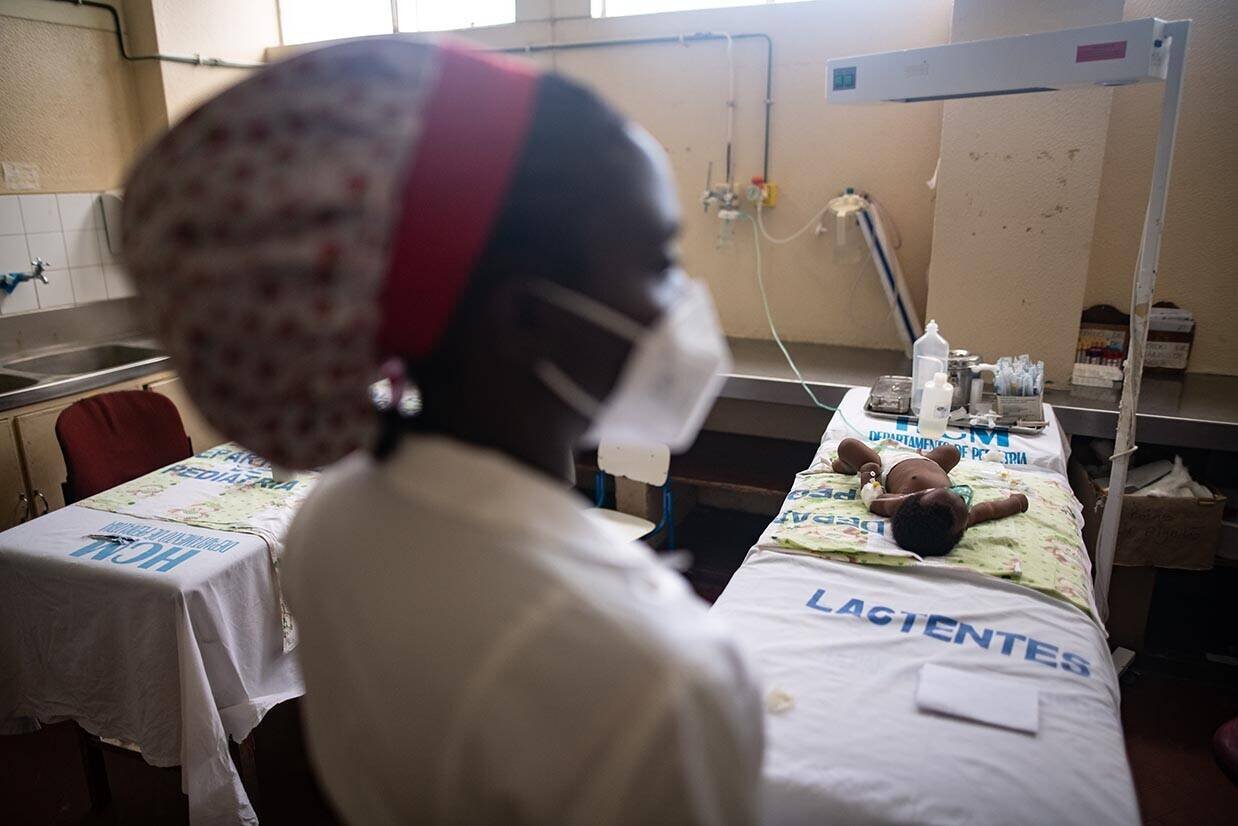
scroll down
A phase IIb trial of a vaccine against a common gastrointestinal pathogen, enterotoxigenic E. coli (ETEC), suggests it may protect against a range of bacterial infections causing diarrhoeal disease.

Enterotoxigenic E. coli (ETEC) is one of the most important causes of diarrhoeal disease in low- and middle-income countries (LMICs). It is also the most common cause of travellers’ diarrhoea in visitors to these countries. As well as its immediate effects, repeated episodes of diarrhoeal disease can have long-term impacts on children’s physical and cognitive development, so disease prevention could have major short- and long-term benefits.
EDCTP2 provided funding for a phase IIb trial of the most advanced vaccine against ETEC, a three-dose vaccine known as ETVAX, which covers 90% of ETEC strains. The trial was designed to assess safety and efficacy in young children (6–18 months) in different areas of The Gambia.
An initial analysis of results indicates that ETVAX has an efficacy of more than 80% against diarrhoeal disease of all causes (excluding parasite infections). Notably, the vaccine appears to offer cross-protection against other causes of diarrhoeal disease, which could enhance its public health value. No significant safety issues were detected during the trial.
These positive results should pave the way to a pivotal phase III trial of ETVAX to provide a definitive assessment of its efficacy against ETEC and diarrhoeal disease more generally.
A promising vaccine to prevent diarrhoeal disease